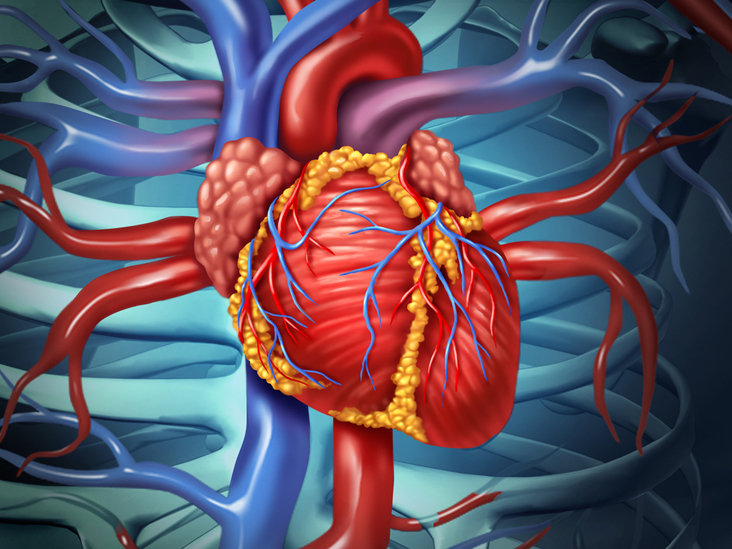Heart Specialist & Heart Surgery Center In Nashik
Dr. Nitin Kochar is the heart Specialist in Nashik, He provides the best treatment for heart, Dr. Nitin Kochar has the best team of heart surgeons he is well known Cardiac surgeon in Nashik and his hospital is well known for Best Heart Specialist Hospital in Nashik. Dr. Nitin Kochar has Heart Surgery center in Nashik for this he appoints the various types of a surgeon for a different type of treatment and Dr. Nitin Kochar has more than 7 years of experience in this field he handled more than 10000 cases and 98% patients are happy with the results that’s why it is also well known for best Heart Surgery Hospital in Nashik
When open-heart surgery to be needed?
Open-heart surgery may be done to perform a CABG. A coronary artery bypass graft may be necessary for people with coronary heart disease.
Coronary heart disease occurs when the blood vessels that provide blood and oxygen to the heart muscle become narrow and hard. This is often called “hardening of the arteries.”
Hardening occurs when fatty material forms a plaque on the walls of the coronary arteries. This plaque narrows the arteries, making it difficult for blood to get through. When blood can’t flow properly to the heart, a heart attack may occur.
Open-heart surgery is also done to:
repair or replace heart valves, which allow blood to travel through the heart
repair damaged or abnormal areas of the heart
implant medical devices that help the heart beat properly
replace a damaged heart with a donated heart (heart transplantation)

According to the National Institutes of Health, a CABG takes from four to six hours. It is generally done following these basic steps:
- The patient is given general anesthesia. This ensures that the patient will be asleep and pain free through the whole surgery.
- The surgeon makes an 8- to 10-inch cut in the chest.
- The surgeon cuts through all or part of the patient’s breastbone to expose the heart.
- Once the heart is visible, the patient may be connected to a heart-lung bypass machine. The machine moves blood away from the heart so that the surgeon can operate. Some newer procedures do not use this machine.
- The surgeon uses a healthy vein or artery to make a new path around the blocked artery.
- The surgeon closes the breastbone with wire, leaving the wire inside the body.
- The original cut is stitched up.
Risks for open-heart surgery include:
- chest wound infection (more common in patients with obesity or diabetes, or those who have had a CABG before)
- heart attack or stroke
- irregular heartbeat
- lung or kidney failure
- chest pain and low fever
- memory loss or “fuzziness”
- blood clot
- blood loss
- breathing difficulty
- pneumonia
Tell your doctor about any drugs you are taking, even over-the-counter medications, vitamins, and herbs. Inform them of any illnesses you have, including herpes outbreak, cold, flu, or fever.
In the two weeks before the surgery, your doctor may ask you to quit smoking and stop taking blood-thinning medications, such as aspirin, ibuprofen, or naproxen.
It’s important to talk to your doctor about your alcohol consumption before you prepare for the surgery. If you typically have three or more drinks a day and stop right before you go into surgery, you may go into alcohol withdrawal. This may cause life-threatening complications after open-heart surgery, including seizures or tremors. Your doctor can help you with alcohol withdrawal to reduce the likelihood of these complications.
The day before the surgery, you may be asked to wash yourself with a special soap. This soap is used to kill bacteria on your skin and will lessen the chance of an infection after surgery. You may also be asked not to eat or drink anything after midnight.
When you wake up after surgery, you will have two or three tubes in your chest. These are to help drain fluid from the area around your heart. You may have intravenous (IV) lines in you, supplying you with fluids. You may have a catheter (thin tube) in your bladder to remove urine.
You will also be attached to machines that monitor your heart. Nurses will be nearby to help you if something should arise.
You will usually spend your first night in the intensive care unit (ICU). You will then be moved to a regular care room for the next three to seven days.
